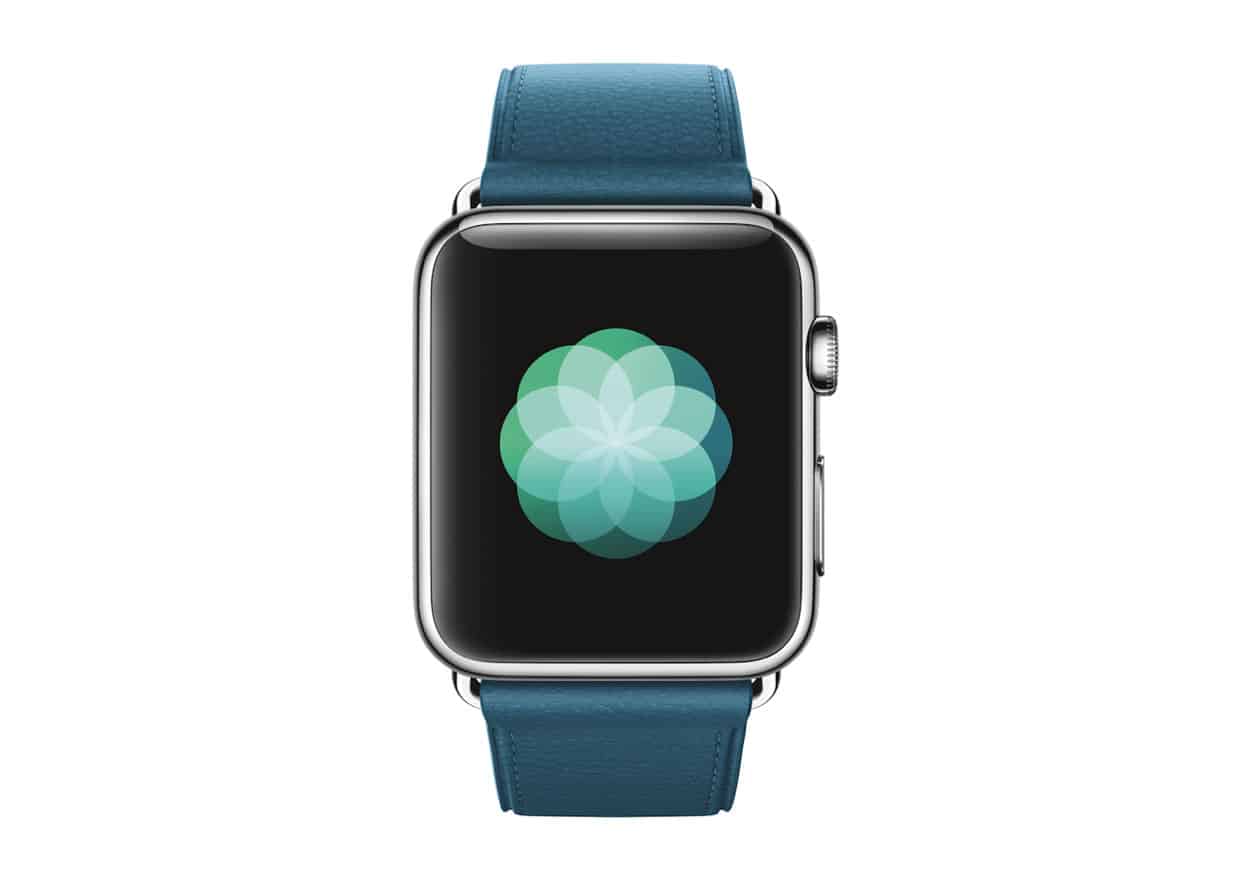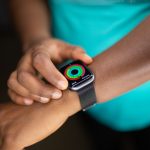There are positives and negatives to this, just as there are to most things, and it’s wise to look into all the pros and cons of any new tech you might be thinking of using, just to make sure it’s going to do more good than anything else. That’s especially true when it comes to your mental health, which you need to take good care of. The great thing is that there are a number of different technologies that can definitely help when it comes to improving your mental health; read on to find out what some of them are and how you can become a healthier, happier, more content person by using them.
Digital Therapy
Digital therapy platforms are hugely beneficial, and they’re actually changing the way people get help for their mental health issues. They give people the chance to have accessible, convenient, and, crucially, effective treatment options that wouldn’t have been open to them before, but that they can now make full use of literally any time they want to, day or night. These fantastic tools that can be installed on a smartphone or tablet or perhaps be used via a laptop if you prefer can come in many different guises, from self-help resources to emotional support. In other words, mental health care is something everyone now has access to, which can make all the difference.
One of the biggest positives about this is the accessibility of it. Geography and location don’t matter anymore, and if there’s a therapist you want to talk to, you can – through a screen. In fact, if you have an internet connection and the right app (and often an account on that app or website, of course), you have the opportunity to get any help you might want, no matter where you are at the time. For those who live in remote areas or where there aren’t many mental health resources, or for people with mobility problems, this can be a literal lifesaver. It means even those with very little time can still get a few moments with a professional therapist when they need it, and that’s wonderful.
Plus, you don’t have to actually speak to a therapist – there are all kinds of different ways to get the help you need, from self-guided sessions to finding the right blogs and websites to read. You’ll have the power to work in the way that suits you best, all thanks to technology.

Mindfulness & Meditation Apps
In the past, mindfulness and meditation weren’t things that the average person really knew about, let alone took part in. These things were seen as a bit ‘out there’ and strange, but over time, that view has changed, and now a lot of people can see the benefits in doing these things when it comes to ensuring their mental health is at its best.
The reason mindfulness is so helpful when it comes to mental health is that you need to focus on the present moment, and not think about the past or the present – that means you’ll be less stressed, which is good for you (it even lowers your blood pressure). As for meditation, that’s something that promotes relaxation and peace, and again, that means you’re de-stressed and able to think more clearly (and you might even be able to come up with some answers to the problems that were stressing you out to begin with).
Technology can, wonderfully, help with both of these things, ensuring you can get the peace and tranquility you’re looking for. There are various apps you can download that offer guided meditation sessions, for example, or timers so you can fit relaxation sessions into even the busiest of days. Plus, you can find apps that will take you through a series of mindfulness exercises, and so much more.
The great thing about these apps is how flexible they are; you can use them when you have the time and inclination (or need), so they’ll fit into anyone’s schedule, no matter what else you might have to do. Plus, there are so many options that you can choose exactly the right one for you, ensuring your mental health is a priority and that you get the help you need when need it and how you need it.

Online Communities for Support
When you’re going through things with your mental health, trying to do it all alone is never a good option – even if you don’t particularly have a fondness for being around people (perhaps linked to social anxiety, or perhaps just because you’re more of an introvert who likes their own company). Luckily, you can use technology to find plenty of supportive online groups where you can find connections and advice. It’s great to hear other people discuss their own mental health issues or tell stories as it means you’ll know you’re not alone, and sometimes that can be enough to motivate you to get more help when you need it.
One of the big problems when it comes to mental health problems is the feeling of isolation that often comes with them, but with an online community you can go to when you need to be with other people in the comfort of your own home, you can get past this problem. You’ll be in a sage, judgment-free place where you’re free to let your feelings out and listen to the advice you get back (or even just talk about yourself and how you feel – letting it all out is a great kind of therapy, after all).
It’s also good to connect with people you know in real life, and make your relationships stronger. Of course, you don’t need an app or technology to do this, but what if you’ve fallen out of touch with someone and you want to find them and rekindle your friendship? If that’s something you feel would help your mental health – and having friends is always a positive thing when it comes to being healthy – you might want to tap into some more technology and hire tracing agents to find these people for you. Although you won’t personally be using the tech, the agents themselves will put plenty of it to good use to ensure they find the person you want to see again. Once they do, you can use your own technology and apps to get in touch and hopefully pick up where you left off, improving your mental health hugely as a result.

Telehealth
Telehealth might sound strange, but it’s actually become an important way for people to improve their mental health when they might not have done so before this tech became so widely used and available to them.
Telehealth, or telemedicine as it is sometimes called, is a way to use modern technology to give people the health services they need remotely. It means people can talk to healthcare professionals without leaving their homes, but still get the help they need in a real-time way – in other words, you can still have counseling and therapy no matter where you or and, sometimes, no matter what time it is.
We mentioned digital therapy platforms above, and they form part of the telehealth revolution, but they’re only a small part of it. In reality, most kinds of healthcare can be given to patients through telemedicine, and since everything in the body and mind is linked, this is another benefit to mental health.
If you’re in pain and worried about your physical health, it’s bound to have an impact on your mental health too; you’ll be stressed, anxious, you might not sleep well, you might not be able to focus at work, and if you already have depression, this fear and concern might make things worse (in some cases, it might even lead to depression in the first place). The more you can do to take care of your overall health, the more your mental health will improve, which is why telemedicine is such a good idea.

Wearable Devices
Wearable devices are so much more than something that can count your steps and monitor your heart rate – today they can actually help when it comes to mental health as well as your physical health.
Apple Watch that can monitor your health. Using a combination of sensors and parameters, health apps can check on your heart rate, stress levels, anxiety, and other emotions depending on what’s happening around you – you can even set some of them to alert you when things are getting too intense so you can get away from the situation before you even start to feel bad.

Plus, a lot of devices can also monitor your sleep patterns, and that can be a useful way to see how your mental health is doing. Or they can send you reminders to take breaks, do some physical activity, practice mindfulness, and so much more. If you need some motivation and help remembering to do things that will benefit your mental health, these reminders and alerts can do the job perfectly.













